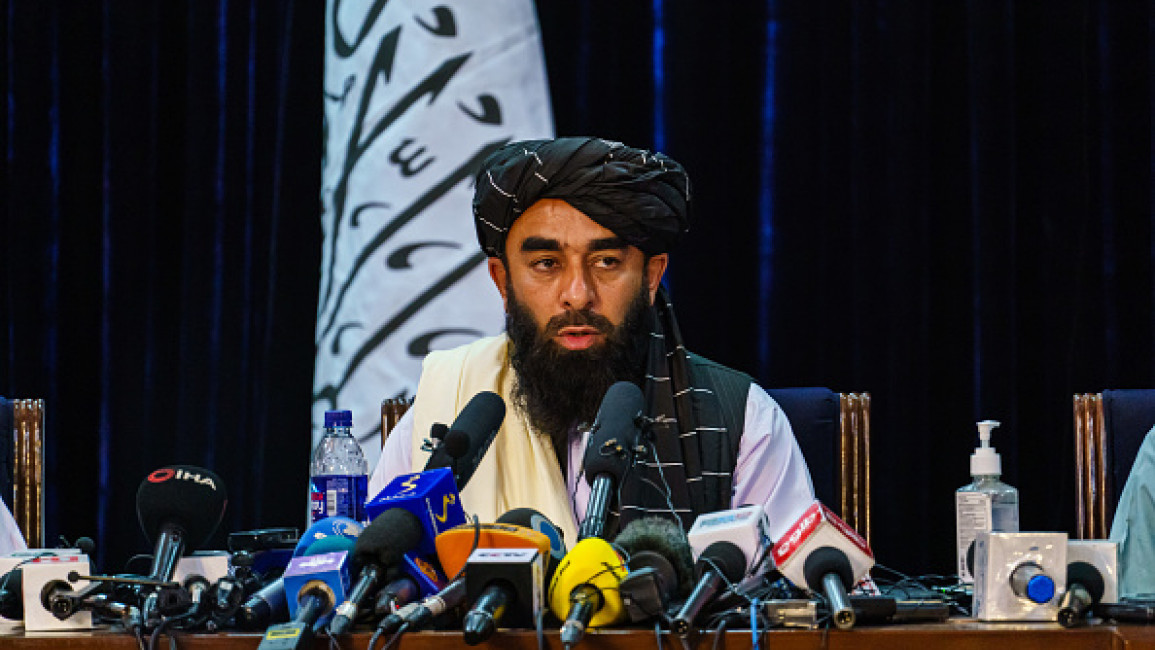Taliban carry out second public execution since return to power
Afghanistan's Taliban rulers put a man to death in public on Tuesday in the eastern province of Laghman, the supreme court said, the second confirmed official execution since the Islamist movement took over in 2021.
The man was convicted of the murder of five people after an investigation by three courts, the Taliban-run Supreme Court said in a statement, without saying how he was executed.
The punishment was carried out in the presence of regional Taliban officials, it said, adding that the execution had been approved by the supreme spiritual leader, who told judges last year to carry out punishments in line with sharia law.
"Due to the seriousness of the case, the supreme leader also undertook a final investigation and after discussion with scholars confirmed the execution," the statement said.
The first confirmed public execution under the Taliban took place in December in the western province of Farah, being attended by senior Taliban leaders, and drew criticism from the United Nations.
Last year, the Supreme Court announced punishments such as public lashing for those accused of offences such as robbery and adultery, signalling a possible return to practices common under Taliban rule in the 1990s.
In a report in May, the United Nations mission in the country said more than 300 people had been publicly flogged in six months, calling for an end to the practice and use of the death penalty.
Afghanistan witnessed public lashings and deaths by stoning during the previous rule of the Taliban from 1996 to 2001.
Such punishments later became rare and were condemned by successor foreign-backed governments, though the death penalty remained legal.
(Reuters)

![A Palestinian girl stands amid the rubble of her destroyed home on 24 May 2021 in Beit Hanoun, Gaza. [Getty]](/sites/default/files/styles/image_330x185/public/2021-06/GettyImages-1233090336.jpg?h=a4507e6b&itok=eFmdLkDh)

